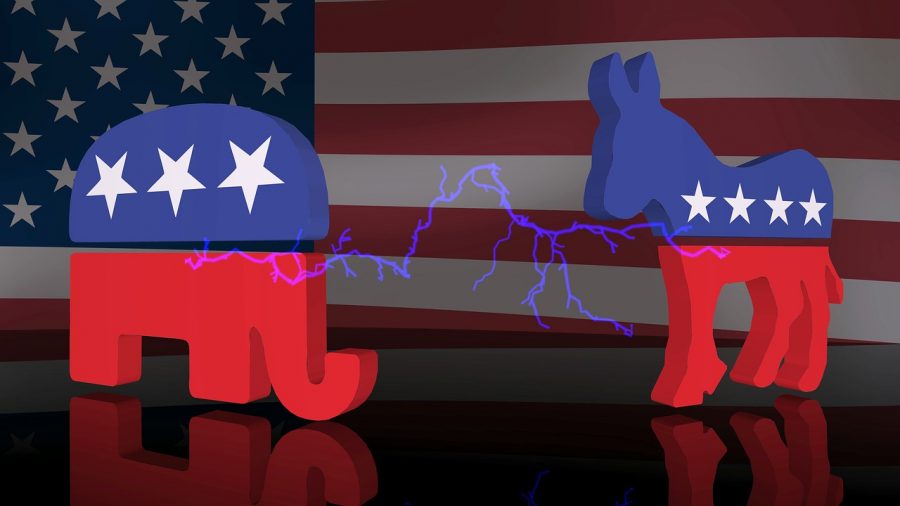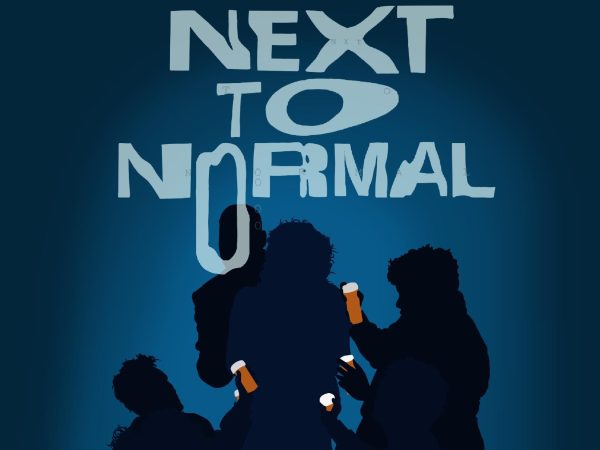Gen Z set to shift political paradigms
When studying voting patterns, particularly those of Gen Z, it becomes evident that young voters have the potential to completely change the shape of the Conservative Party. This could be proven further on November 3rd, 2020.
The country’s youngest voters, members of Generation Z, are more civically engaged than many previous generations. They are demanding solutions on important issues like climate change, racism, and healthcare, and the 2018 midterm elections showed that they are voting in larger numbers than other generations.
Research suggests that the way people vote at young ages tends to stick with them, and they are likely to continue their voting patterns throughout their lives. For Gen Z voters, Trump has represented the Republican Party for the entirety of their voting lives.
Harvard studies have revealed that members of Gen Z are voting for Joe Biden in higher numbers than they did for Hillary Clinton in 2016. Today, the leftist lean of young voters isn’t a major factor in the electorate. But as more members of Gen Z come of voting age, the GOP may be forced to change some policies in order to gain more young followers.
Polls have shown that Trump’s disapproval rate is much greater (sometimes as much as 15 percent higher) among Gen Z compared to all registered voters. Experts looking at these polls and other voting patterns of young people believe that a big leftward shift in republican policies is likely on the way.
Gen Z voters have often been compared to millennials. This comparison offers a few interesting insights.
Millennials, like Gen Z, also started out by voting largely democractic. As expected, they have not changed dramatically. One key difference is that Gen Z have proven themselves to be more willing to fight for change. This first became apparent after the shooting at Marjory Stoneman Douglas High School in Parkland, Florida in February 2018. The shooting led to nationwide marches which were largely organized and attended by young people.
This was evident again during the extended Black Lives Matter protests in 2020 following the deaths of Breonna Taylor, George Floyd, and countless other innocent black Americans at the hands of police. Many of these protests were led by members of Gen Z.
Support for the Black Lives Matter movement is also much higher among Gen Z (68 percent) compared to all registered voters (54 percent). In the last four years, the movement has changed from one that was primarily composed of black people to being heavily multiracial. Many people credit young leaders for this increased support.
One of the defining attributes of Gen Z is its high level of diversity. This has negatively affected the GOP, as many minorities have expressed that they feel excluded by the Republican Party. Experts believe that Gen Z could be the last straw for the GOP, forcing it to either change its foundation and expand its outreach, or lose.
Another highly important issue to Gen Z voters is climate change. It is consistently ranked in the top three concerns of people aged 18-29. Millennials and Gen Z members are more likely to see a correlation between climate change and human activity than any other generation.
Despite Trump’s complete denial of the climate disaster, more republicans in Congress are beginning to accept the science, and see climate change as a true issue. This is one major way that the realignment of the GOP has already begun.
A similar correlation is seen with LGBTQ+ rights among young voters. Gen Z members are more likely to identify as something other than heterosexual and cis-female or cis-male. They are also more likely to support transgender rights. Many of these people don’t feel welcome by the GOP and Trump, who has said that he prefers “traditional marraige.”
Experts say that Gen Z is the most progressive generation yet. As more members of Generation Z become eligible to vote, the Republican Party will have to find ways to adapt in order to attract young supporters, most likely with a realignment of some kind. This realignment may become evident on November 3rd, 2020.

Owen Hardy is a Senior at GHS, and a second year staff writer for The Gillnetter. He plays soccer and runs indoor track and outdoor track. He is also the...






































